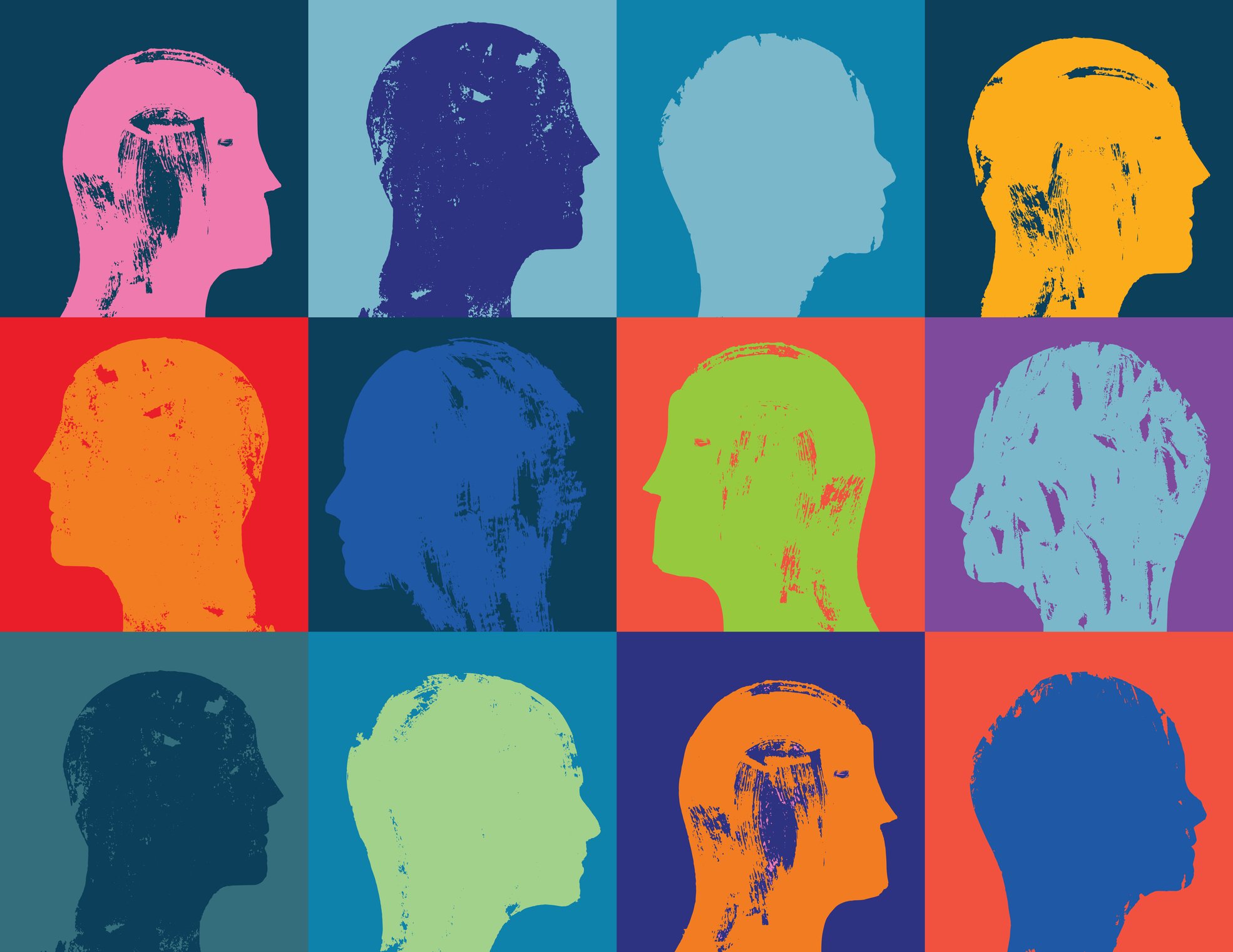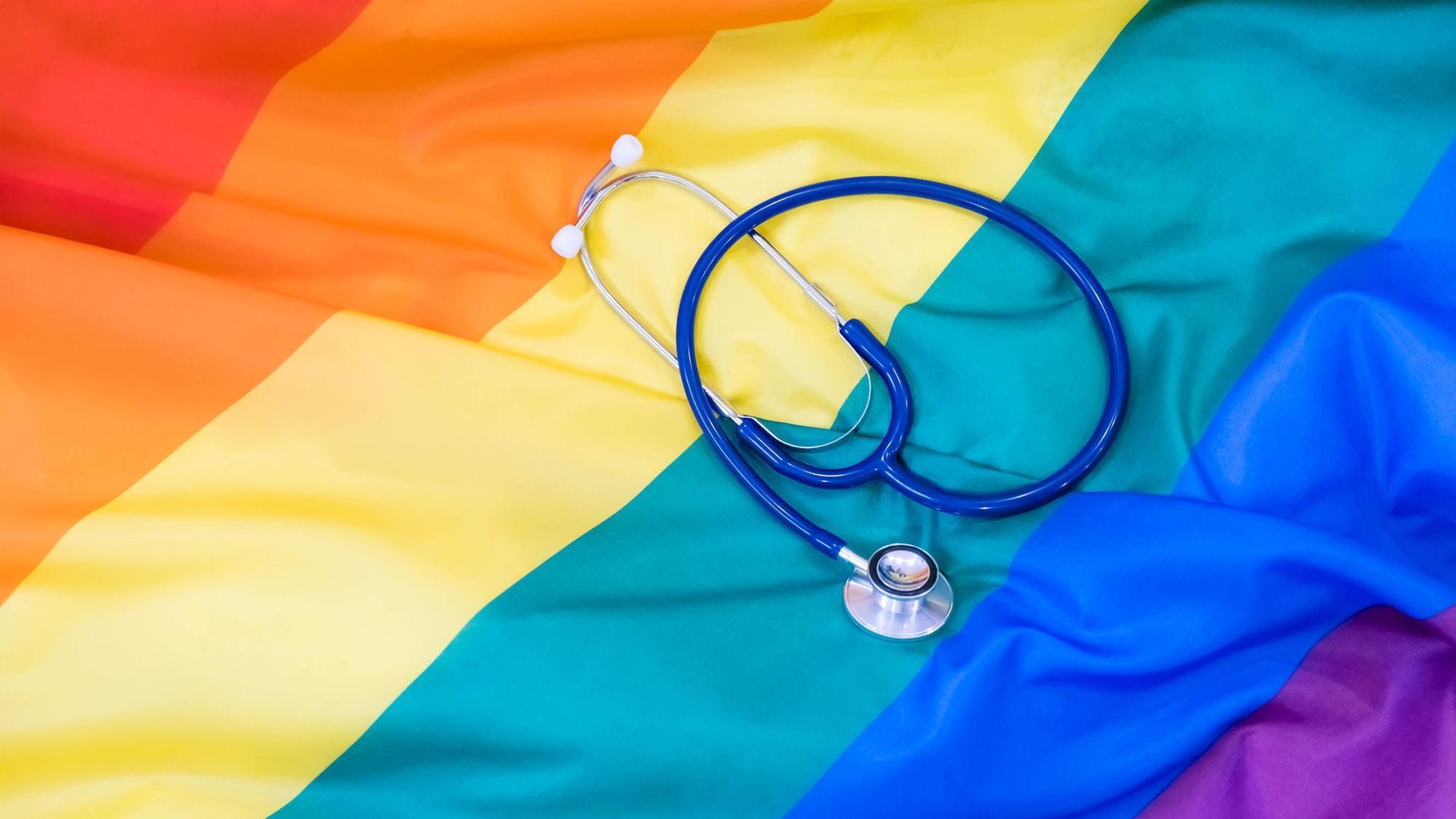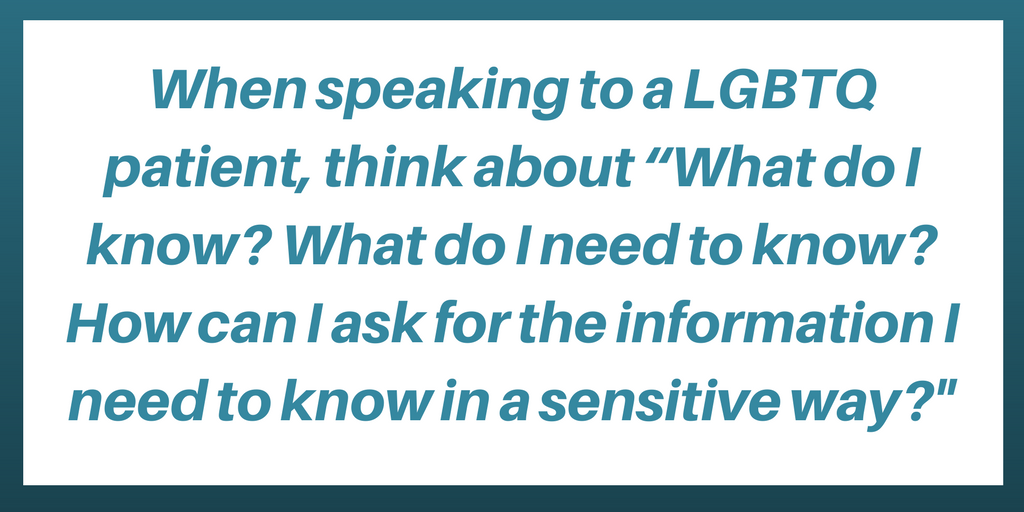Racial concordance signifies the connection between the racial or ethnic backgrounds of patients and their healthcare providers, showcasing its profound impact on patient care, communication, trust, and overall health outcomes.
While racial concordance in Nursing offers various benefits, it's important to recognize it's not always feasible or practical to match every patient with a Nurse of the same racial or ethnic background. Emphasizing racial concordance should not overshadow the importance of Diversity, Equity, and Inclusion (DEI) within the Nursing workforce.
Improved Communication
This shared background fosters a sense of understanding and connection that goes beyond mere words - it's a deep-rooted familiarity with traditions, beliefs, and values that allows for seamless communication and empathy. Patients feel validated and heard when they can freely express their concerns and health needs in a language that resonates with their cultural identity. This bond of shared ethnicity or race creates a safe space for open dialogue and mutual respect, paving the way for a more holistic and personalized approach to healthcare.
Enhanced Trust
Trust is a crucial component of the patient-provider relationship. Racial concordance can contribute to building trust between patients and Nurses, as patients may feel that their Nurse understands their unique experiences, challenges, and perspectives. This trust can lead to greater adherence to treatment plans and better health outcomes.
Cultural Competence
Nurses who share the same racial or ethnic background as their patients may possess a deeper understanding of cultural beliefs, practices, and health-seeking behaviors. This cultural competence enables Nurses to provide more personalized and culturally sensitive care, which can positively impact patient satisfaction and outcomes. Nurses of all backgrounds should receive training in cultural competence and communication skills to effectively care for patients from all backgrounds.
Reduced Health Disparities
Racial and ethnic minorities often face disparities in healthcare access, quality, and outcomes. Racial concordance in Nursing can help mitigate these disparities by improving communication, trust, and cultural competence. Patients from marginalized communities may feel more empowered to seek care and engage in preventive health measures when they have Nurses who understand their unique needs and experiences.
Opportunity For Learning
Having a diverse workforce not only provides Nurses with the opportunity to learn from each other's unique life experiences and cultures but also fosters a rich environment for collaboration and growth. Nurses from different racial and ethnic backgrounds bring a wealth of knowledge and perspectives to the table, allowing for a dynamic exchange of ideas and practices. This diversity enriches the overall care provided to patients, as Nurses can draw upon a wide range of insights and approaches to address the needs of individuals from various backgrounds. Embracing diversity within the Nursing profession not only enhances the quality of care but also promotes a culture of inclusion and understanding that benefits both healthcare providers and patients alike.
Racial concordance in Nursing can play a significant role in improving patient care, communication, trust, and health outcomes, particularly for racial and ethnic minority populations. However, it's essential to address the broader issues of Diversity, Equity, and Inclusion within the healthcare workforce to ensure all patients receive high-quality, culturally sensitive care, regardless of the racial or ethnic background of their providers.


 In our growing diverse society, health care workers need to understand that applying only traditional westernized medical practices isn't appropriate for many patients and families. Health professionals must have an awareness of different cultural practices and spiritual beliefs in order to reduce racial and ethnic disparities in health care.
In our growing diverse society, health care workers need to understand that applying only traditional westernized medical practices isn't appropriate for many patients and families. Health professionals must have an awareness of different cultural practices and spiritual beliefs in order to reduce racial and ethnic disparities in health care.
 Healthcare organizations strive to provide culturally competent care for individuals who identify as lesbian, gay, bisexual, transgender, or queer (LGBTQ). Recent changes in society, including the legalization of gay marriage have raised public awareness of LGBTQ issues. Yet many healthcare professionals lack knowledge in some areas when caring for LGBTQ patients.
Healthcare organizations strive to provide culturally competent care for individuals who identify as lesbian, gay, bisexual, transgender, or queer (LGBTQ). Recent changes in society, including the legalization of gay marriage have raised public awareness of LGBTQ issues. Yet many healthcare professionals lack knowledge in some areas when caring for LGBTQ patients.
